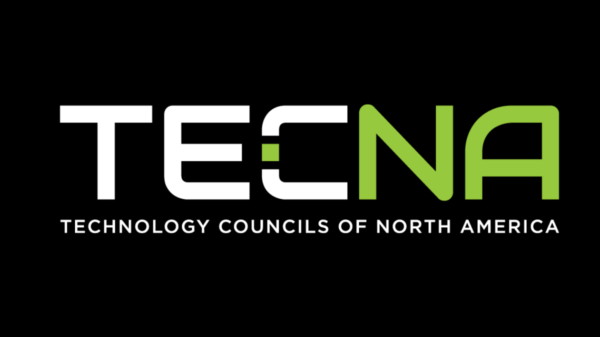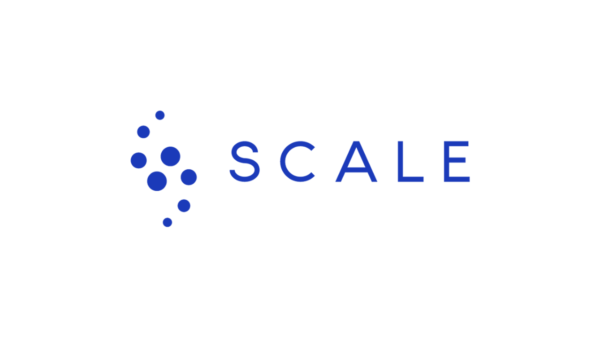As part of their visit, Right to Start founders Jason Grill and Victor Hwang identified a report by the Institute for Justice that is called Barriers to Business. This report utilizes a basic framework and illustrations to explain how and why entrepreneurs are disadvantaged by the current regulatory framework. In particular, the report has specific sections that detail the process of starting multiple different kinds of main street businesses around the United States.
The report details the process in Des Moines, Detroit, Indianapolis, Minneapolis, and St. Louis. This cross section of Middle cities suggests that most local jurisdictions need to dramatically improve their awareness of the struggles of starting a business and knock down barriers to these new starts.
In particular, there are a number of ways that cities are preventing low-income startups. First, most of the Middle cities described have criminal background checks or penalties associated with money owed the city that stand in the way of many from starting businesses. And while a background check makes sense for many types of businesses – such as a daycare or home nursing care, where vulnerable people are involved – this is not the case with a food truck or bookstore, particularly when the violation was non violent or in no way related to the type of business being founded.
Second, when a person provides restitution from their stay in prison, a startup opportunity may be exactly the way that the person can provide value and continued improvement to society. Preventing a former prisoner from starting a business creates a significant barrier to re-entry and potentially new value being created for low-income or poor areas. In some parts of our urban areas, the formerly incarcerated are significant portions of the population – such as areas of Detroit where 6-8% of the population are re-entering formerly incarcerated.
Another big issue that was presented during Grill and Hwang’s visit was the idea of a one-stop shop for potential entrepreneurs to license and permit their business. Kansas City and Atlanta were compelling examples of places that have improved this effort. In the study, Detroit did the best with ⅘ of metrics indicating a one-stop shop. Des Moines scored 0/5. In the same week that I read the study, Des Moines and Iowa were named #3 and #12 respectively by organizations as top places for business and business recovery. The reality of these rankings and the way that we the broader community think about business is for large or even very large businesses.
Nebraska, for example, offers a tax incentive to businesses that hire 10 workers and invest $1 million. This is embedded in the state’s business attraction efforts. This is a great level for a startup – but it is hard to figure out how and when to apply – as most of the information is targeted at an organization that has an expert on tax incentives helping to ensure compliance and paperwork. Instead, take a page out of the BIA playbook and make the application and compliance process super easy for everyone. An entrepreneur should not need to hire an expert to comply with government procedures.
In short, there are significant internal biases to startup businesses that do affect low-income and main street startups disproportionately. Finding ways to break down barriers should be a key part of local and state policy. For more information, we highly recommend the Institute of Justice study and their framework for improvement.









































